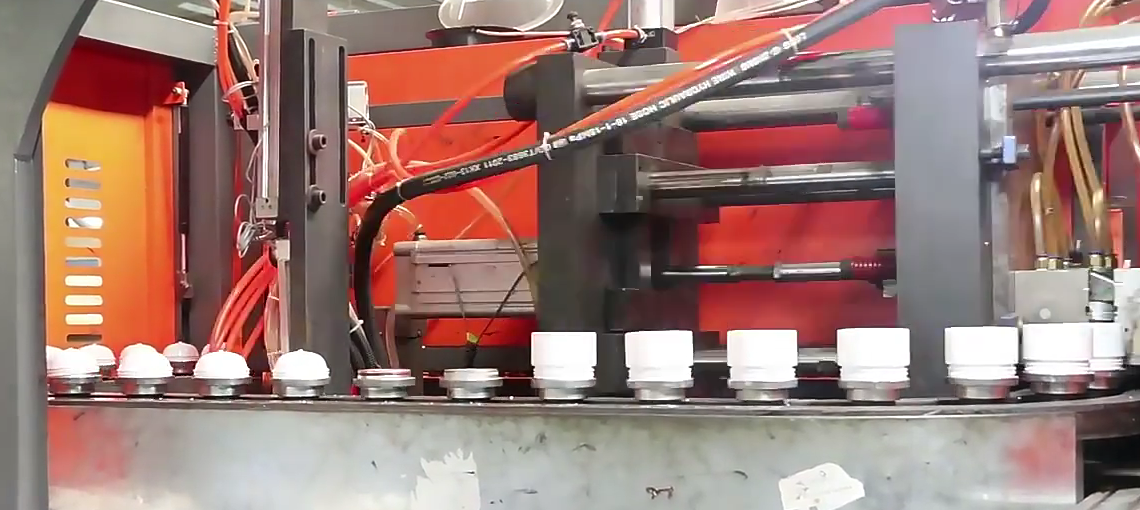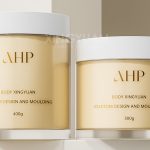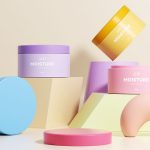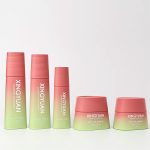Not all PET preform suppliers are created equal. A good price is useless if the thread doesn’t match your pump or the preform arrives cloudy. So how do you find a supplier you can trust?
To evaluate a PET preform supplier, assess their technical capacity, mold precision, resin quality, certifications, and responsiveness. Ask for samples, test reports, and neck specs. The right partner should support customization, offer low-AA options, and have experience with cosmetic-grade preforms.
Let’s dive into what to look for—and what to avoid.
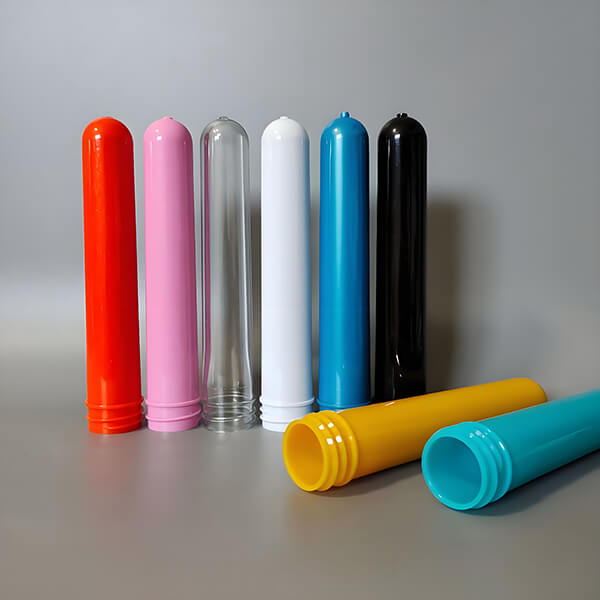
Outline
- 1 Why Supplier Evaluation Matters in the PET Preform Industry
- 2 What Technical Capabilities Should a PET Preform Supplier Have?
- 3 What Quality Standards and Certifications Should You Look For?
- 4 How to Check a Supplier’s Customization and Mold Capabilities?
- 5 What Are the Red Flags in Overseas PET Preform Sourcing?
- 6 Sample Questions to Ask Before You Place an Order
- 7 Conclusion
Why Supplier Evaluation Matters in the PET Preform Industry
Your packaging depends on the precision of a single part: the preform. If it’s:
- Too heavy or thin → bottle deforms during blowing
- Neck spec wrong → pump doesn’t fit
- Resin unclear → product looks cheap
- Poor mold polish → visible defects
Sourcing blindly, especially overseas, risks your brand reputation and production timeline.
What Technical Capabilities Should a PET Preform Supplier Have?
Look for suppliers with:
- Modern injection molding machines (e.g., Husky, Demark, Haitian)
- Multi-cavity molds (16–96 cavities) for consistent mass production
- PET preform injection molding machines that support both virgin and rPET
- In-house mold workshop – for customization or emergency repair
- Dehumidifier + chiller system – ensures resin is dry and cooling is precise
✅ Ask: Can you show me your production line or machine list?
What Quality Standards and Certifications Should You Look For?
Good suppliers should provide:
- ISO 9001 – General quality management
- SGS / FDA compliance – Especially for cosmetic and food-contact preforms
- Material data sheets for virgin PET or rPET
- AA level reports (<8 ppm for cosmetic packaging)
- Visual QC protocol – Photos or video of inspection process
Reliable factories like KGI Preforms offer test certificates for each batch.
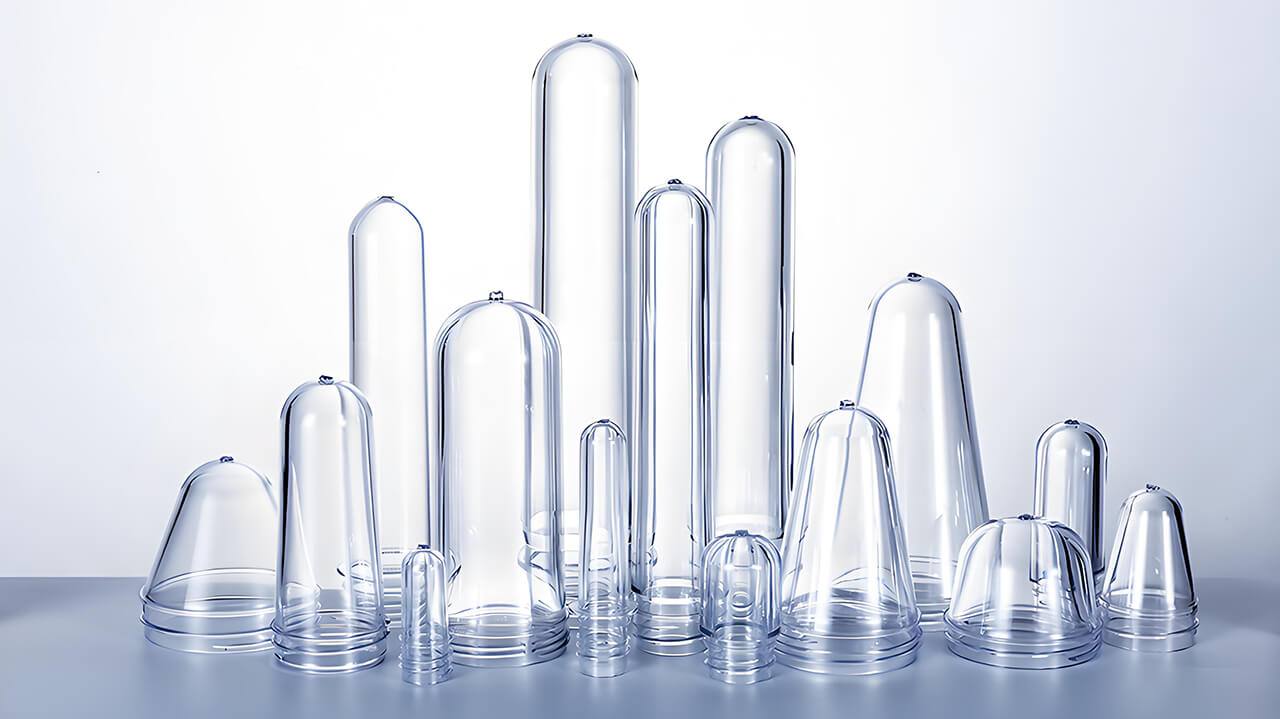
How to Check a Supplier’s Customization and Mold Capabilities?
If your project involves a new bottle shape or a unique closure, your supplier must:
- Provide 2D neck drawings and 3D CAD files
- Offer custom mold development (you may need to co-invest in tooling)
- Simulate bottle blowing using your mold or closure spec
- Accept small-batch trials before mass production
✅ Ask: Can you help match my pump/sprayer with a compatible preform neck?
What Are the Red Flags in Overseas PET Preform Sourcing?
Be cautious if the supplier:
- Avoids giving exact neck specs (e.g., “just 28mm” isn’t enough)
- Refuses to send samples
- Has no references or can’t explain what brands they’ve worked with
- Pushes you to skip prototyping and move to bulk
- Sends unclear photos or overly “retouched” videos
Good PET preform suppliers are transparent and technical—not just “salesy”.
Sample Questions to Ask Before You Place an Order
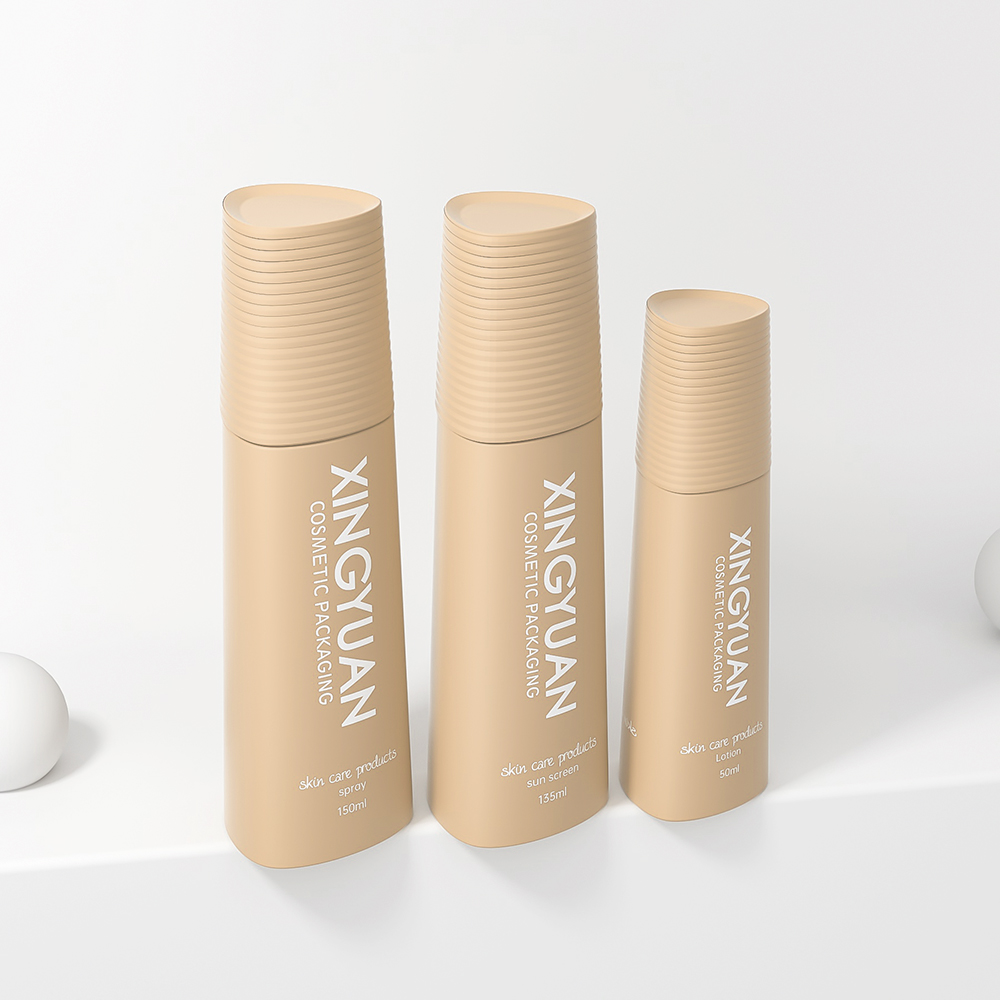
Here’s a quick checklist you can use:
- What neck finishes do you offer, and can I get technical drawings?
- Do you support both virgin PET and rPET? What are the AA levels?
- Can I see photos of your mold workshop or factory floor?
- Do you perform weight tolerance and visual inspections?
- What is your minimum order quantity (MOQ)?
- How do you pack and protect preforms during export?
- What blowing equipment do your preforms work with?
Export-ready companies like KGI Preforms usually have SOPs for every point above.
Conclusion
Choosing the right PET preform supplier is more than a price game—it’s about precision, compatibility, and long-term trust. Ask the right questions, test before you scale, and never skip spec confirmation. Need help reviewing supplier offers? Reach out and I’ll help you vet them.
